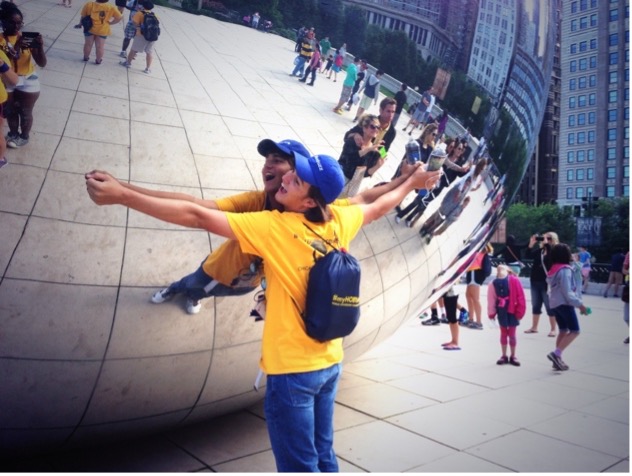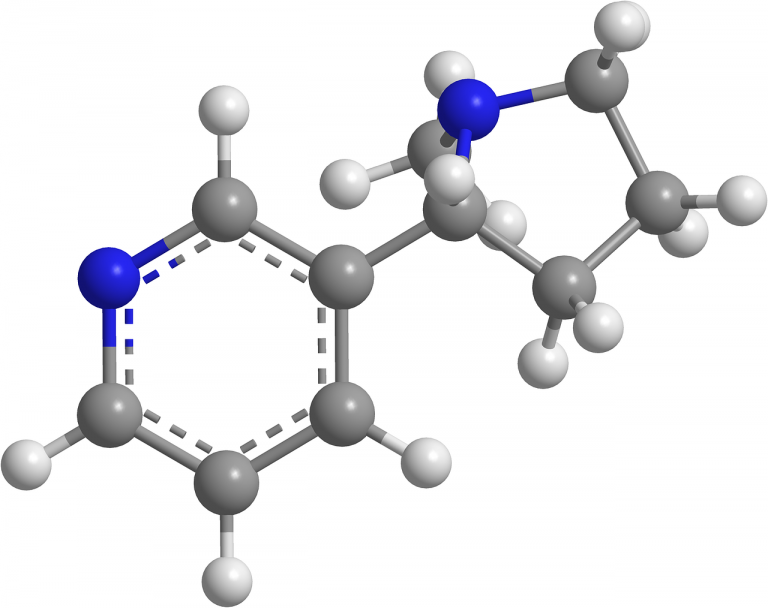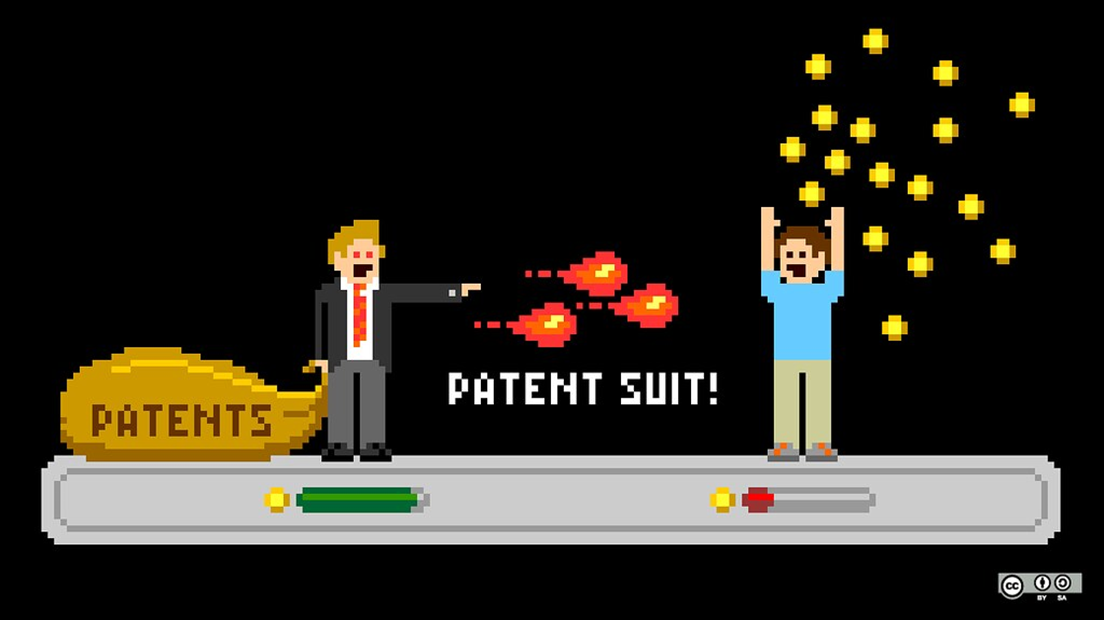
A Jack of All Trade(marks, patents & copyrights)s: An Interview with Monika Malek
Monika Malek is an associate in Vedder Price’s Chicago office and a member of the firm’s Intellectual Property (IP) group. She maintains a broad practice spanning trademark, copyright and patent litigation, prosecution (writing and filing a patent), enforcement (monitoring for potential infringement or enforcing an owner’s rights) and portfolio management (advising on business strategies associated with a patent). Prior to joining Vedder Price, she was an associate at a boutique law firm where she worked closely with clients on litigation and transactional matters involving a wide range of IP issues. She earned her law degree from Loyola University Chicago School of Law and her undergraduate degree in Biology from the University of Minnesota, Twin Cities. While in law school, she was awarded Loyola’s Laura Terlizzi Scholarship, given to a female student intending to practice intellectual property law, and three CALI Awards for the highest grade in Copyright, IP Advocacy, and IP Colloquium. She also researched issues related to drug patents in domestic and international contexts as a research assistant to Professor Ho.
Continue reading “A Jack of All Trade(marks, patents & copyrights)s: An Interview with Monika Malek”



